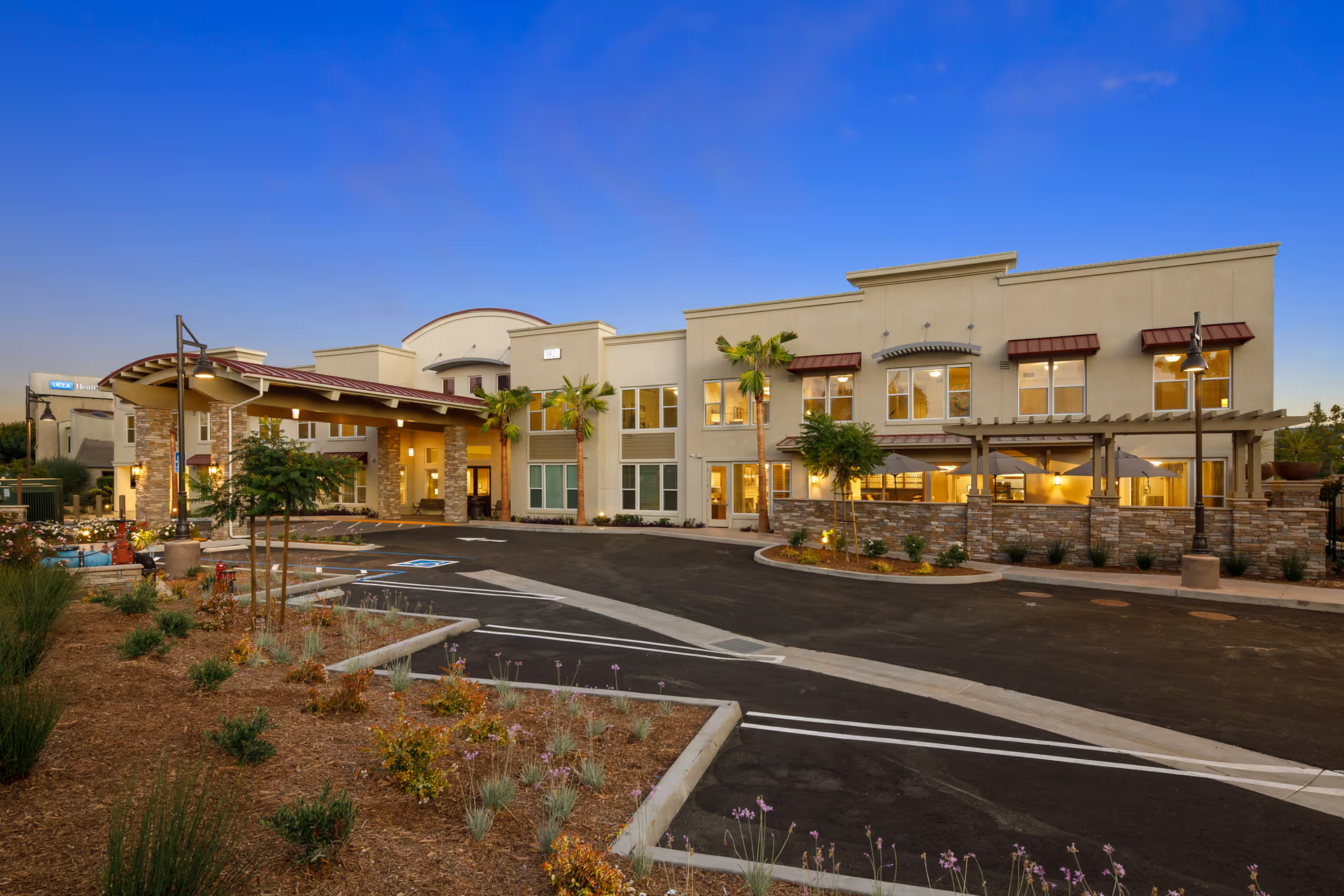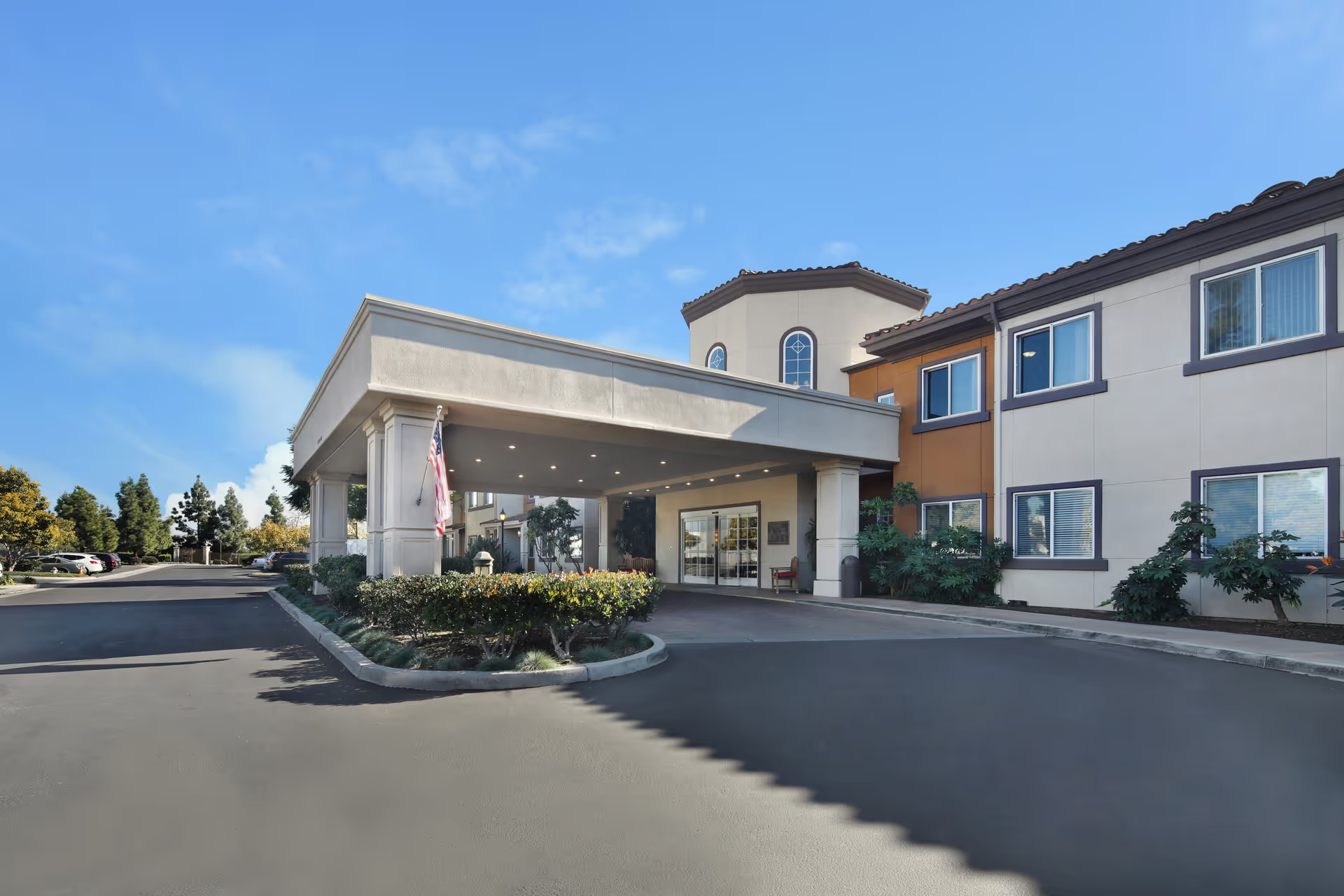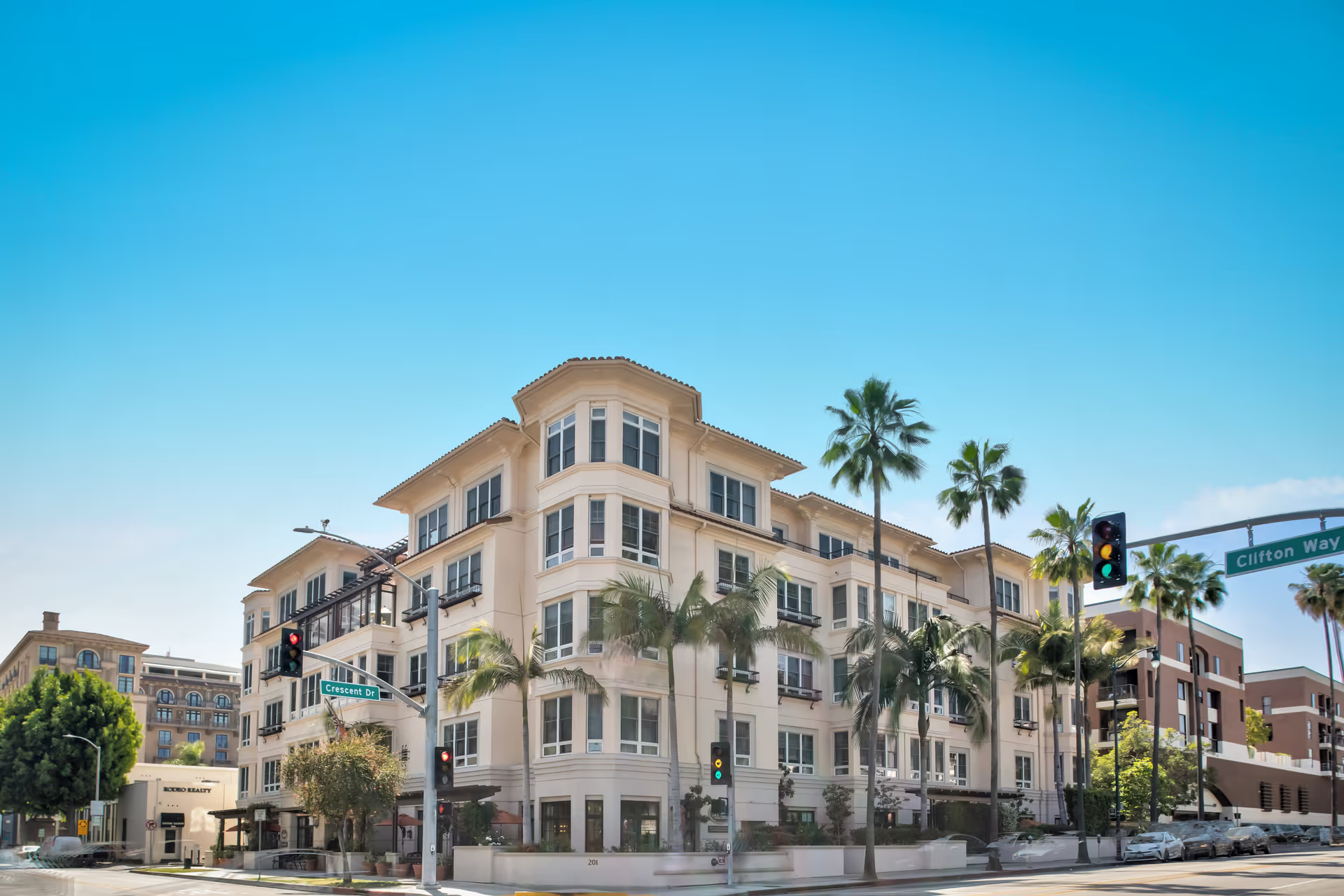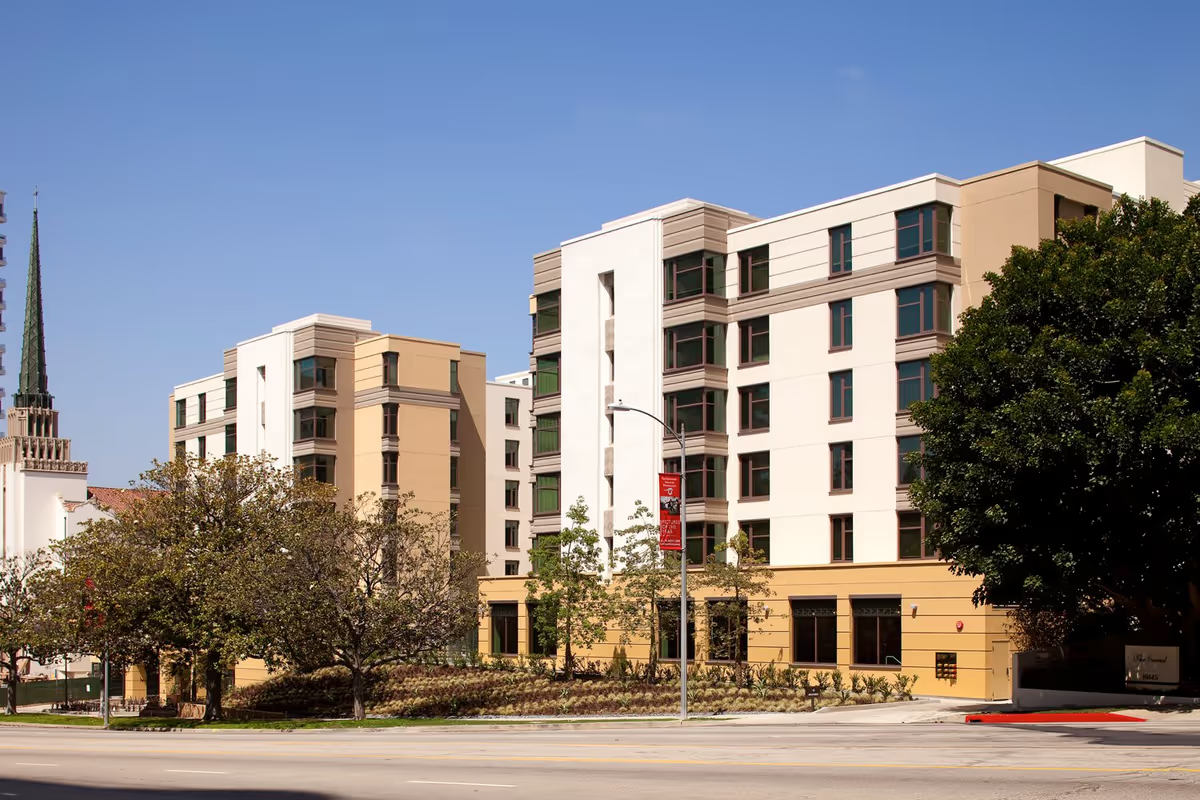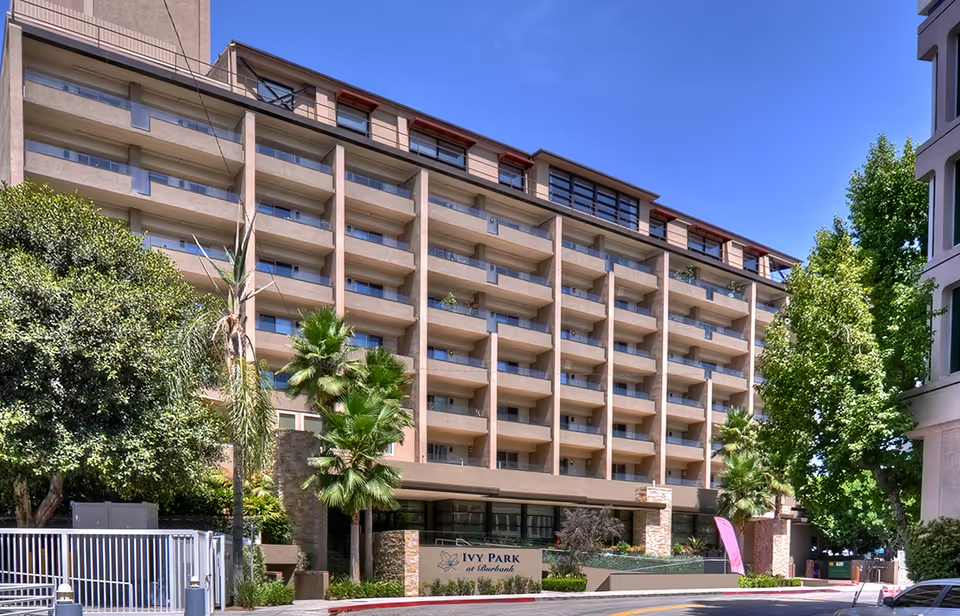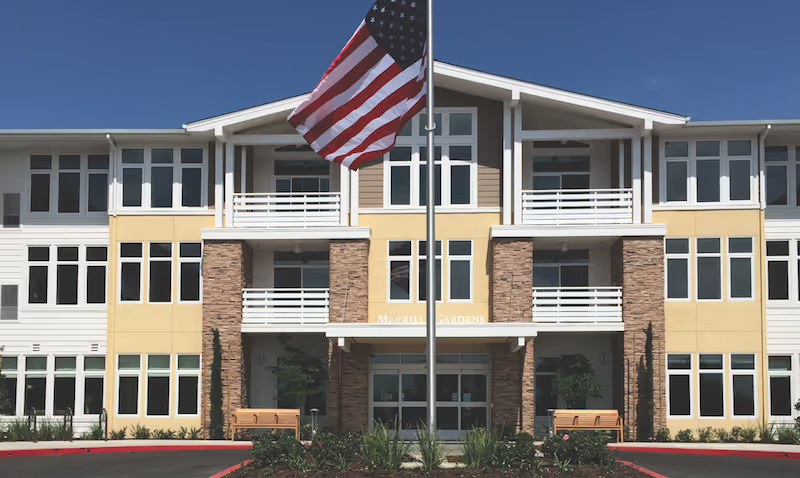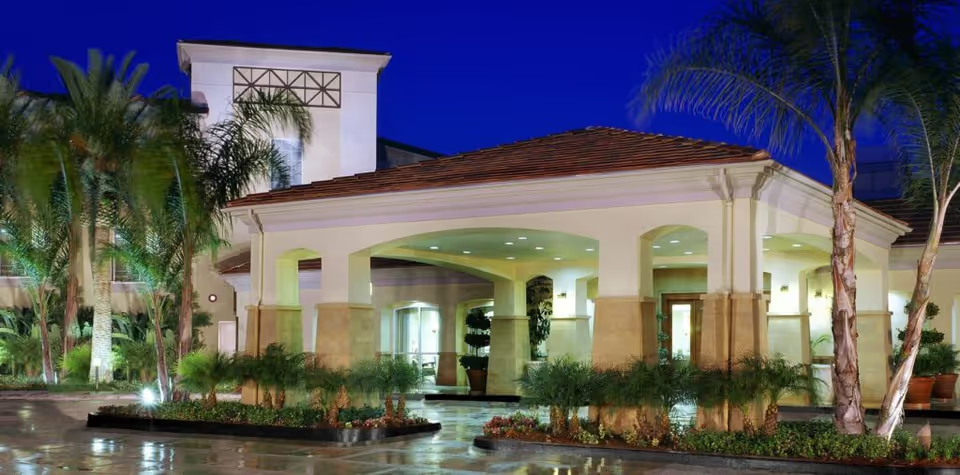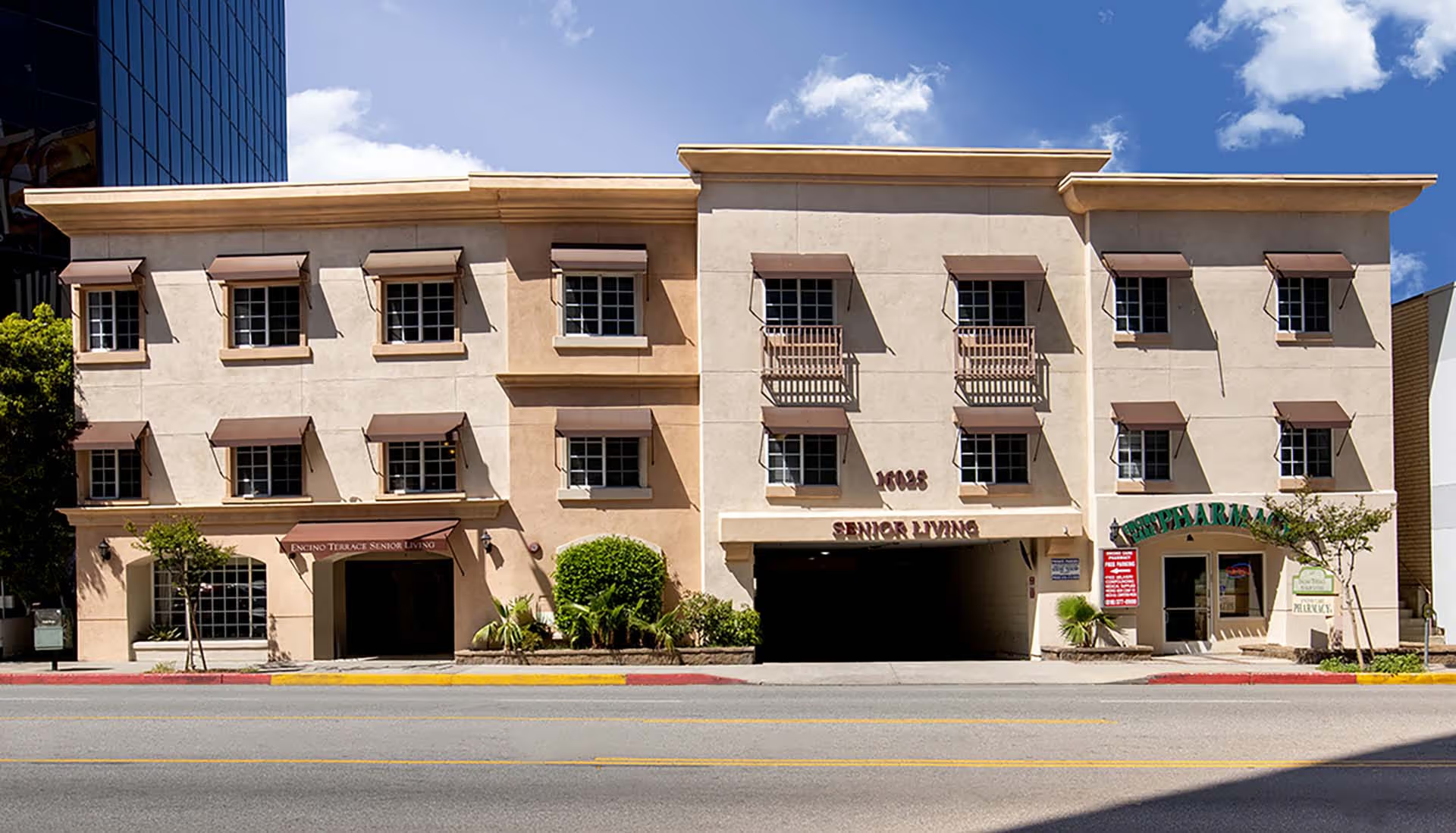Hope and Unity Board and Care, located at 636 Gardena Blvd in Gardena, California, is a residential care home set up for seniors who need help with daily living. The home started back in 1921 and sits on a lot nearly 10,000 square feet. Inside, there are five bedrooms and six bathrooms, and the place has a few different units, like #1303, #4, #A, and #W, each with their own apartment number, making it feel a bit more like a small community than just one big house, even though it's technically a single multi-family home. It serves a small number of residents in a shared setting with both studio and one-bedroom options, starting around $6,000 per month.
Seniors here can get different types of care, including personal and custodial care, plus there are assisted living and independent living options. The facility serves those who need help with bathing, dressing, meals, medication reminders, and other activities of daily living. There's also board and care, memory care, respite care, home care, rehabilitation care, and nursing home services, along with specialized long-term care. Hope and Unity Board and Care offers special help for people with Alzheimer's or other types of dementia, with 24-hour support, secure surroundings to prevent wandering, and programs like memory-enhancing activities designed to support people with memory loss.
The community uses unique names for different programs and spaces, like StructTreeRoot and Outlines for activity programs, and provides structured daily schedules so residents know what to expect and can join in. The setting tries to be home-like and comfortable, aiming to help residents feel secure as they age. Resident lists include contact details and apartment numbers for tenants or homeowners in the building. Reviews show mixed experiences among families, with 60% giving a one-star rating but also some giving four or five stars, averaging an 8.5 community score from five reviews.
Hope and Unity Board and Care is intended for older adults wanting a smaller environment where they can receive care, get involved in activities, and have as much independence as their health allows, and the focus stays on support, structure, and daily assistance right in a quiet neighborhood.
